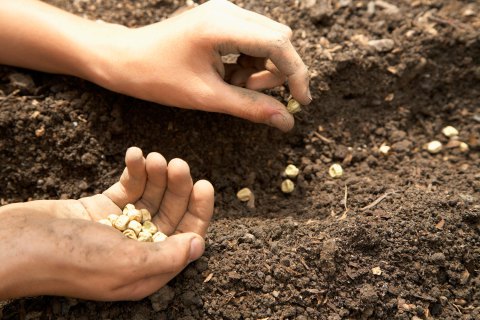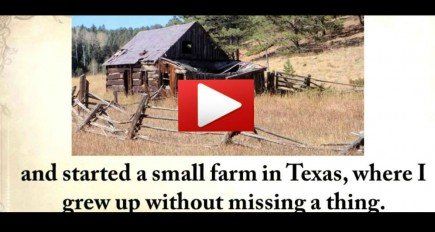Survival seeds are one of those long term essential emergency preps that every family should have. If the days come when a survival garden is needed, the family will be happy to have invested in such an important prep item. In exchange for your energy and time, you will want a survival garden that will provide your family abundantly with food. Non-GMO, heirloom quality seeds are the best choice to produce seeds you can save for future harvests. However, stocking up on some packets of the GMO version is not a bad idea either. Although GMO seeds do not produce viable seeds for subsequent harvests, they are another back up for your back up and would be advantageous to have in times of a crisis. In this author’s opinion, a person can never have enough seeds. If stored properly, these seeds can last much longer than their expected expiration dates.
Easy Growing Varieties
Below are a list of easy to grow vegetable and fruit varieties that are not only easy to grow, but will also provide lots of nutrition. To learn more about the nutritional content of these varieties, click here.
- Nut/Fruit Trees – To learn more about essential nut and fruit trees for a survival homestead, click here.
- Squash/Zucchini
- Berries – Blackberries, strawberries, raspberries, etc.
- Grapes
- Peas/Beans
- Kale
- Broccoli
- Peppers
- Potatoes
- Pumpkin
One of the authors at Backwoods Home Magazine suggest planting survival perennials, or vegetables that come back on their own each year. Perennials such as asparagus, Jerusalem artichokes, horseradish, garlic, perennial onions, and herbs of both culinary and medicinal. The survival perennials are an efficient way to produce food and make good use of your time. Some of these perennials, such as asparagus require two years to grow before they produce food. Therefore, this is why it is so important to research which type of vegetables and fruits you want in your survival garden.
Storing seeds will ensure that in a long-term disaster you will be able to provide needed nutrition and energy for more physical exertion and mental clarity. Those who have started their survival gardens have no doubt learned from a few garden mistakes along the way. Yet through these mistakes, gardeners have stumbled upon wisdom and grown into better gardeners. These experienced gardeners have taken certain factors into consideration before the seeds are planted, and through experience found which vegetables varieties are easier to grow.





